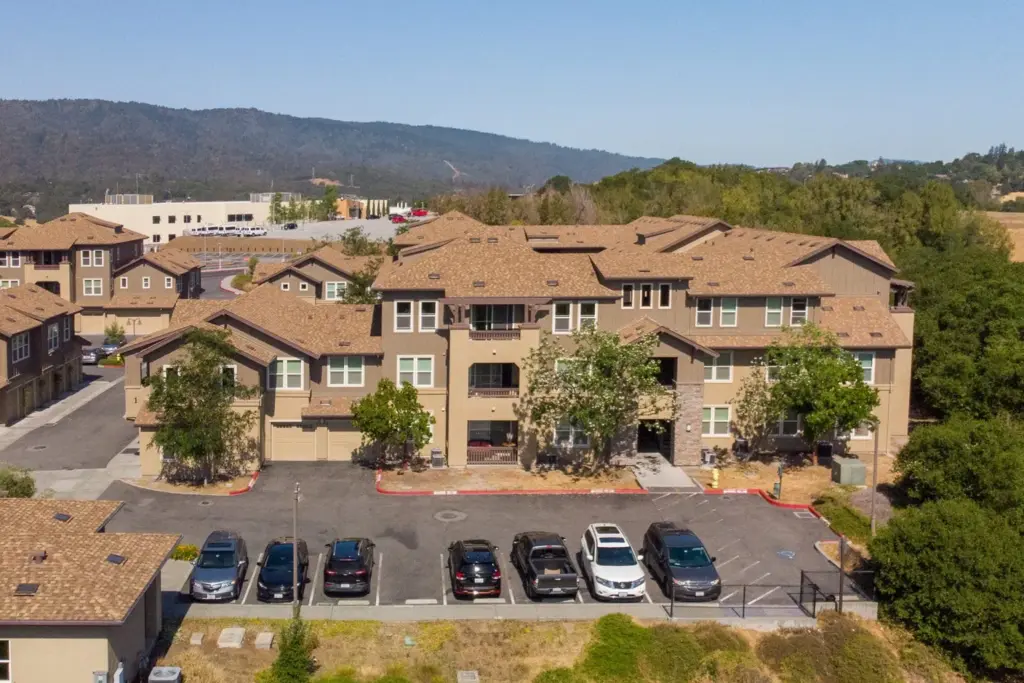If you’ve recently read about real estate or spoken with investors, you might have come across the term “OOS”. It stands for Out of State, and while it may sound technical, the concept is actually rather simple.
OOS often refers to a person who buys real estate in a state other than their current domicile. This could include purchasing a vacation home, rental property, or even a fix-and-flip project across state lines.
Let’s look at what this means, why individuals engage in it, and what you should know if you’re thinking about doing the same.

What is OOS in Real Estate?
Purchasing real estate in another state is sometimes known as OOS (Out of State) real estate. If you live in Florida and buy a house in Georgia, you are making an out-of-state purchase (OOS).
This happens more often than you might expect, especially as more individuals invest in real estate. Long-distance transactions are now easier than ever, thanks to an availability of online materials and virtual tours.
Why Do People Buy Real Estate Outside of Their State?
When looking for real estate, there are numerous major reasons why someone might explore outside of their home state:
1. Reduced Costs
Simply said, certain places are cheaper. Looking out of state may result in more property for less money if prices in your city are extremely expensive.
2. Increased Return on Investment
Despite low real estate costs in some cities, rentals are expensive. As a result, investors have an excellent opportunity to boost their rental revenue.
3. Market Variation
Investing in numerous areas allows you to mitigate risk. Even if one region slows, another may continue to grow in strength.
4. Plan for the Future
OOS can be purchased by persons who are aiding family members with their transfer, seek a vacation spot, or want to relocate later.
Common Issues with OOS Properties
Even though out-of-state real estate may appear appealing, there are drawbacks. Here are some considerations:
You Are Not Aware of the Area
Understanding a market might be tough for those who do not live in one. You may not be aware of which neighbourhoods are developing and which should be avoided.
It’s Difficult to Manage from a Distance
It’s more difficult to deal with crises, tenants, or maintenance when you’re not around. The bulk of OOS purchasers rely on property managers for help.
Travel Expenses Rise
You should definitely tour the property before purchasing, and possibly again after, even if everything goes as planned. Time and money may be lost as a result.
How to Use OOS Real Estate for Your Benefit
If you’re serious about buying out of state, here’s how to do it right:
Finish Your Homework
Do extensive study on the local market. Examine school districts, crime rates, property taxes, job growth, and demand for rental homes.
Go Before You Purchase
Make preparations to visit the area at least once, if possible. Take a walk around the region. Speak to locals. Have faith in your instincts.
Form a Local Assistance Group
You’ll need a skilled home inspector, a reliable real estate agent, a dependable property manager, and potentially a contractor. It makes a significant difference having boots on the ground.
Recognise Local Regulations
Every state has its own rules governing rents and real estate. To avoid future legal complications, ensure that you understand the foundations.
Final Thoughts
So, what exactly does OOS mean in real estate? In a nutshell, it’s a strategy that focuses on looking outside your immediate environment. People do it to invest in sectors with more development potential, get better bargains, or boost their income.
Purchasing real estate outside of your state can lead to chances you were unaware of, but it is not without danger if you plan ahead of time, gather the finest team, and undertake extensive research.
Understanding what OOS is and how it works can put you ahead of the game, whether you’re simply curious or ready to get in.






